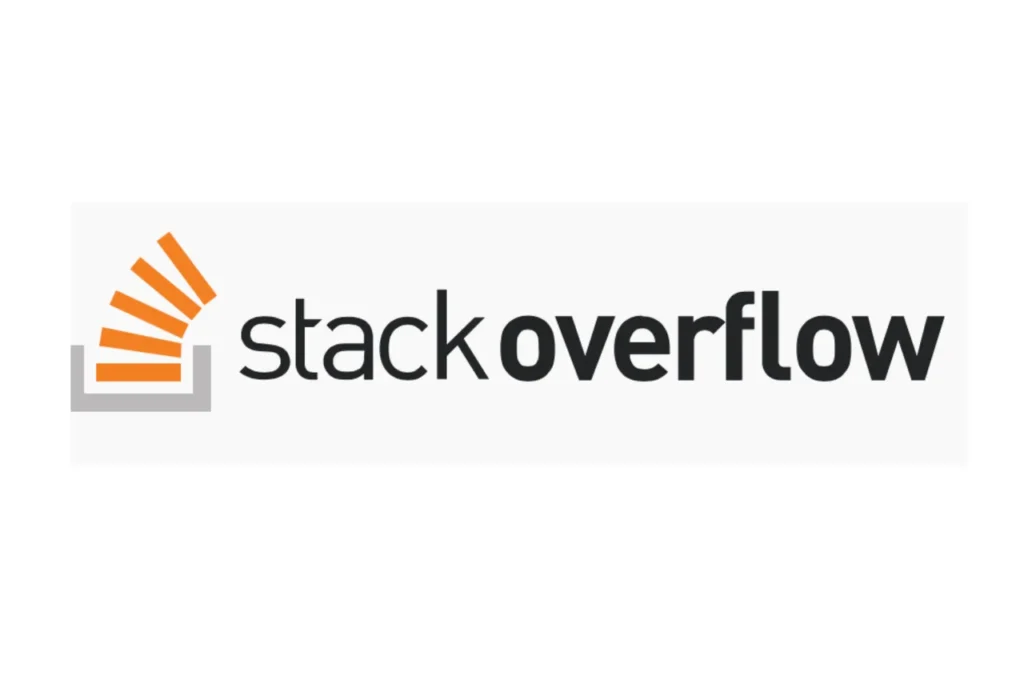Mistral, the French artificial intelligence startup with a $6 billion valuation and backing from Microsoft, has introduced its inaugural generative AI model for coding, named Codestral.
Codestral aims to revolutionize how developers interact with and write code. According to Mistral’s recent blog post, this innovative model has been trained on an extensive array of over 80 programming languages, including industry favorites like Python, Java, C++, and JavaScript.
Codestral’s capabilities are manifold: it can complete coding functions, generate test scripts, and fill in partial code snippets.
Moreover, it can answer queries about a codebase in plain English, making it a versatile tool for developers.
However, the term “open” used by Mistral to describe Codestral warrants closer scrutiny. The startup’s licensing agreement imposes significant restrictions on the use of Codestral and its outputs in commercial contexts.
While there is an exception for “development,” this is tightly regulated, explicitly banning any internal usage by employees within the framework of a company’s business activities.
One underlying reason for these restrictions could be the model’s training data. Although Mistral has not confirmed this, there is speculation that Codestral was partly trained on copyrighted content.
This wouldn’t be unprecedented, as previous datasets used by Mistral have reportedly contained copyrighted material.
Despite its potential, Codestral presents practical challenges. The model, with its hefty 22 billion parameters, necessitates a powerful personal computer to operate efficiently.
Parameters are crucial as they define the AI model’s ability to analyze and generate text. While Codestral outperforms some of its competitors according to certain benchmarks, the improvements are not groundbreaking.
The release of Codestral highlights an ongoing debate about the efficacy of code-generating models as programming assistants.
Developer Community Concerns And Feedback
Despite some skepticism, many developers are increasingly incorporating generative AI tools into their workflow.
A Stack Overflow survey from June 2023 revealed that 44% of developers currently use AI tools in their development process, with an additional 26% planning to do so soon. Nevertheless, these tools are not without their flaws.

An analysis by GitClear, which reviewed over 150 million lines of code committed to project repositories over recent years, found that generative AI development tools often result in more errors being introduced into codebases.
Security experts also caution that these tools can exacerbate existing bugs and security vulnerabilities in software projects.
Notably, a study from Purdue University indicated that more than half of the programming answers provided by OpenAI’s ChatGPT are incorrect.
Despite these challenges, companies like Mistral are undeterred in their efforts to commercialize and promote their AI models.
Mistral launched a hosted version of Codestral on its Le Chat conversational AI platform and introduced a paid API.
Additionally, Mistral has integrated Codestral into various app frameworks and development environments, including LlamaIndex, LangChain, Continue.dev, and Tabnine.
“A public autocomplete model with this combination of speed and quality hadn’t existed before, and it’s going to be a phase shift for developers everywhere.” – Nate Sesti.
The Head of JetBrains AI, Vladislav Tankov, stated: “We are excited about the capabilities that Mistral unveils and delighted to see a strong focus on code and development assistance, an area that JetBrains cares deeply about.”
As generative AI continues to evolve, the launch of Codestral underscores the dynamic intersection of technology and programming.
While it remains to be seen how widely adopted such tools will become, their influence on the development landscape is undeniable, sparking discussions about the future of coding and the role of AI in software development.
READ ALSO: Actress Tags Popularity As Biggest Life Achievement



















